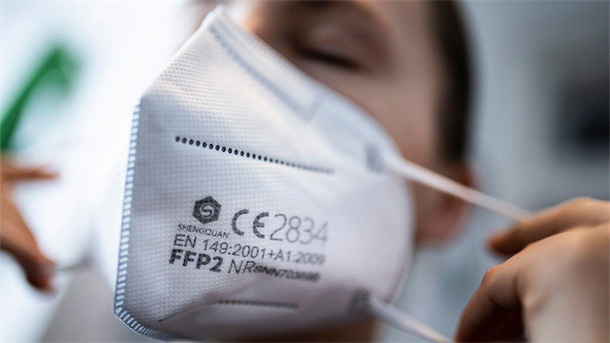
N95 is one of 9 types of dust masks certified by NIOSH (American Institute of Occupational Safety and Health). N means that its material is only suitable for filtering non-oily dust, and 95 means that its filtration efficiency is at least 95% effective.
What do N, R and P mean?
According to the NIOSH classification definition of filter materials,
N series: protection against non-oily suspended particles, no time limit
R series: protection against non-oily suspended particles and sweat oily suspended particles, the time limit is eight hours
P series: protection against non-oily suspended particles and sweat oily suspended particles, no time limit
So are N95 masks the best masks?
NIOSH divides the standards of masks into three categories, namely: N series, R series and P series
N is for non-oily particles, while R and P are for oily particles. However, the protection efficiency of R-grade oily particles is only eight hours, while P-grade has no such restriction. These three categories have three filter efficiency standards of 95 (95%), 99 (99%), 100 (99.97%), so there are nine types of masks in total. Since the biological particles are mostly non-oily particles, it is sufficient to use the N grade. The N95 level means that the protection against non-oily particles is 95% efficient, and N95 is the most basic level of all certification levels.
Filter performance N-Series(Not for oil) R-Series(Resistant to oil) P-Series(Oil Proof)
95% N95 R95 P95
99% N99 R99 P99
99.97% N100 R100 P100
Other national class N95 filter standards
1. EU EN149 standard
FFP1: Minimum filter effect>80%
FFP2: Minimum filter effect>94%
FFP3: Minimum filter effect>99%
2. Australia AS1716 standard
P1: Minimum filter effect>80%
P2: Minimum filtering effect>94%
P3: Minimum filter effect>99%
3. Japanese MOL standard
DS1:
DS2: 99%
DS3: 99.9%
JINYE can provide FFP2 face masks and N95 face masks in various sizes. We can provide COVID-19 Face Masks free samples for you to test. For details, please contact us














